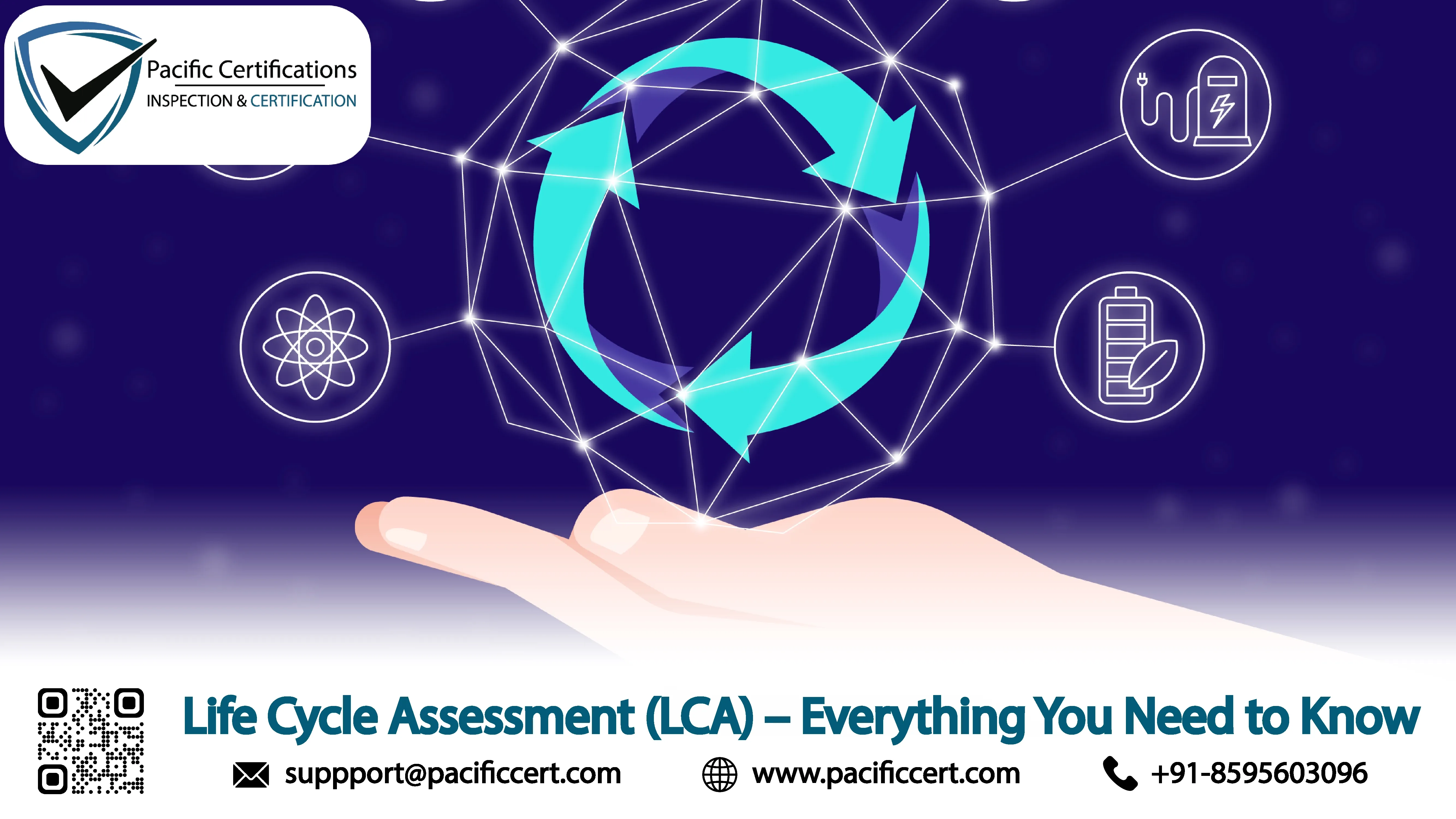Life Cycle Assessment (LCA): Everything you need to know
Introduction
Life Cycle Assessment helps you see the full picture of a product or service. From raw materials to manufacturing, transport, use, and end-of-life. LCA turns that journey into data you can act on. Buyers now ask for proof. Teams need a clear method. LCA provides a structured way to cut impact and back claims with evidence.
What LCA is?
LCA is a method to measure environmental loads across the full life cycle. It covers energy, water, emissions, waste, and more. The approach follows ISO 14040 and ISO 14044. The aim is simple. Define what you study, gather the right data, assess impacts, and explain what the results mean.
Where LCA is used?
Manufacturing, packaging, food, textiles, buildings, electronics, and logistics. It supports eco-design, supplier choices, product carbon footprint work, and Environmental Product Declarations.
How an LCA works?
-
Goal and scope: Set the reason for the study, the product system, and the functional unit. Define boundaries and key assumptions.
-
Inventory (LCI): Map flows of materials and energy. Collect primary and secondary data.
-
Impact assessment (LCIA): Convert flows into impact results such as climate change, water use, eutrophication, acidification.
-
Interpretation: Find hotspots, test sensitivity, and state limits so readers can trust the outcome.
Benefits of doing LCA well
-
Better product design with lower impact across the life cycle
-
Stronger buyer trust using transparent methods and evidence
-
Clear targets for suppliers and procurement
-
Support for labels, EPDs, and carbon claims
-
Fewer surprises in audits and tenders
Linking LCA to ISO standards
LCA methods align with ISO 14040 and ISO 14044. Many teams pair LCA with ISO 14001 for system control. Product carbon footprints follow ISO 14067. Organization-level greenhouse gases follow ISO 14064. Energy topics link to ISO 50001.
How Pacific Certifications can help?
We provide accredited audits and certification for ISO 14001, ISO 14067, ISO 14064 and ISO 50001. Our audits check that your management system supports credible LCA and footprint work. For the LCA study itself, engage a qualified practitioner. Where a standard calls for independent verification, we can assess conformance as part of certification.
Read more: Life Cycle Assessment (LCA): Everything You Need to Know

Comments
Post a Comment